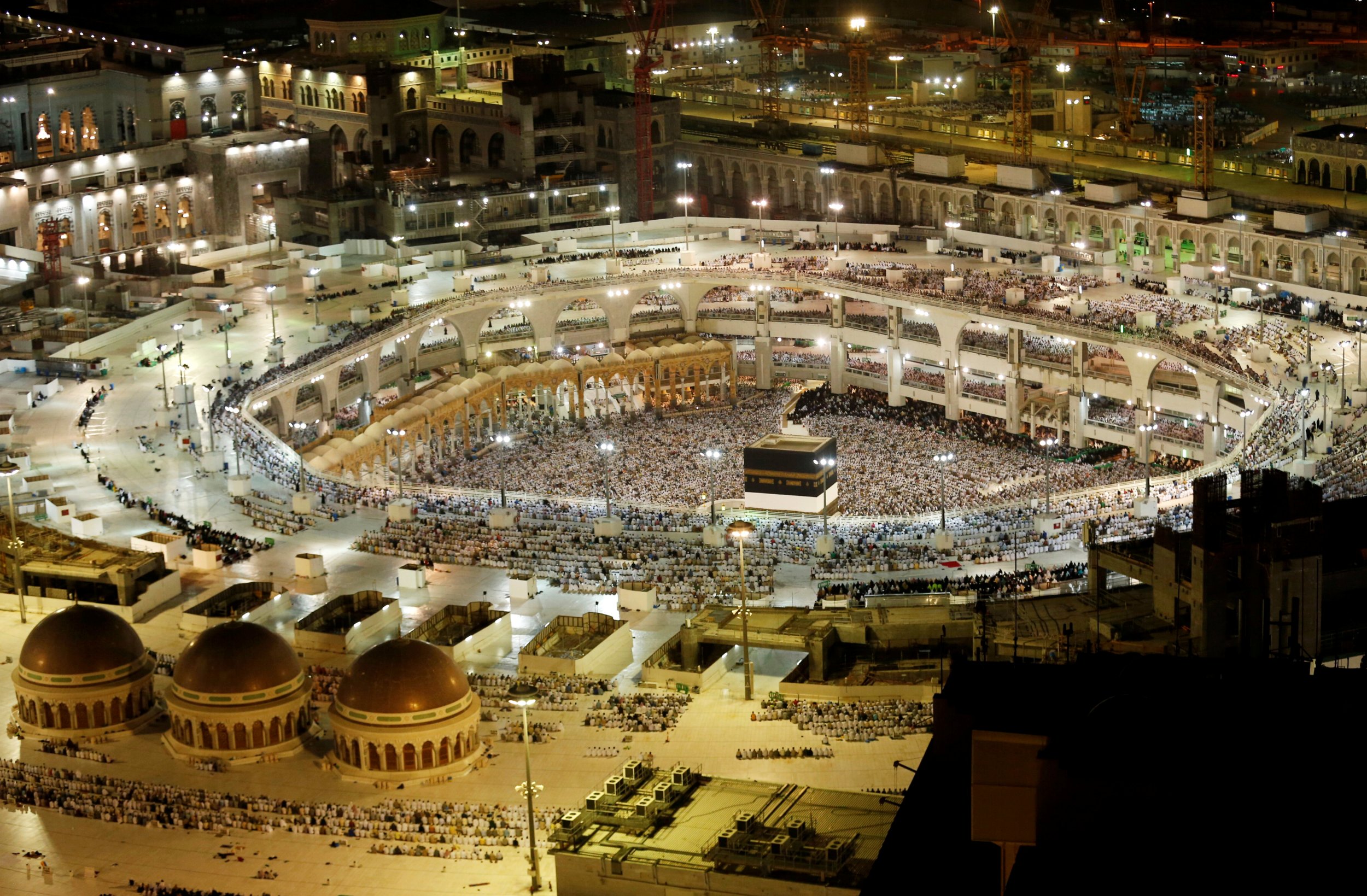
Qatar and Saudi Arabia are at loggerheads once again over access to the Muslim holy land during the sacred period of the Hajj, after the countries' royal families appeared to have reached an agreement in the midst of their wider diplomatic crisis.
In a rare cooling of tensions between the countries earlier this month, Saudi Arabia agreed to a relaxation of restrictions for Qatari pilgrims entering the country. In July, the kingdom had accused Qatar of what amounted to a "declaration of war" over its stance on the guardianship of Mecca and Medina, Islam's two holiest cities.
However, the arrival of Qatari pilgrims in Saudi Arabia as part of the plan appears to have exacerbated the tension, with Qatar accusing Saudi Arabia of deliberately making it difficult for its pilgrims to obtain permits to go to Mecca, Reuters reported. Saudi has said Qatar is trying to use the annual Hajj pilgrimage for political leverage in the middle of the ongoing Gulf crisis.
Mounting tensions between Qatar and its neighbors spilled over in June, when Saudi Arabia, Egypt, the United Arab Emirates and Bahrain all cut diplomatic ties with Qatar, accusing it of supporting terrorism and backing regional rival Iran.
The four nations issued a list of 13 provisos for the resumption of normal relations with tiny, gas-producing Qatar, also the location of the largest U.S. military base in the region. The list of demands includes closing the Doha-based, state-funded television station Al Jazeera, severing ties with Iran and closing Turkey's air base in Qatar.
Despite the schism, Qatari pilgrims to Mecca and Medina were initially unimpeded by Saudi Arabia in traveling to the Muslim holy lands.
Now, however, Qatari pilgrims have said they will not travel on the Hajj because of security concerns and a degree of bad will toward their Saudi hosts. "There is hatred on both sides now, so yeah, I wouldn't feel comfortable showing my passport in hotels or other places in Saudi," Mohammed, a civil engineer who declined to give his second name, told Reuters.
Qatari officials have said only a small number of Qataris are expected to attend this year's event. Saudi Arabia has said more than 400 Qatari pilgrims have arrived through the Salwa border crossing since it was reopened under the deal. Up to 1,200 Qataris are eligible for the Hajj under an annual quota system operated by Riyadh.
Uncommon Knowledge
Newsweek is committed to challenging conventional wisdom and finding connections in the search for common ground.
Newsweek is committed to challenging conventional wisdom and finding connections in the search for common ground.
About the writer
Callum Paton is a staff writer at Newsweek specializing in North Africa and the Middle East. He has worked freelance ... Read more
To read how Newsweek uses AI as a newsroom tool, Click here.








